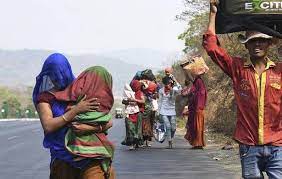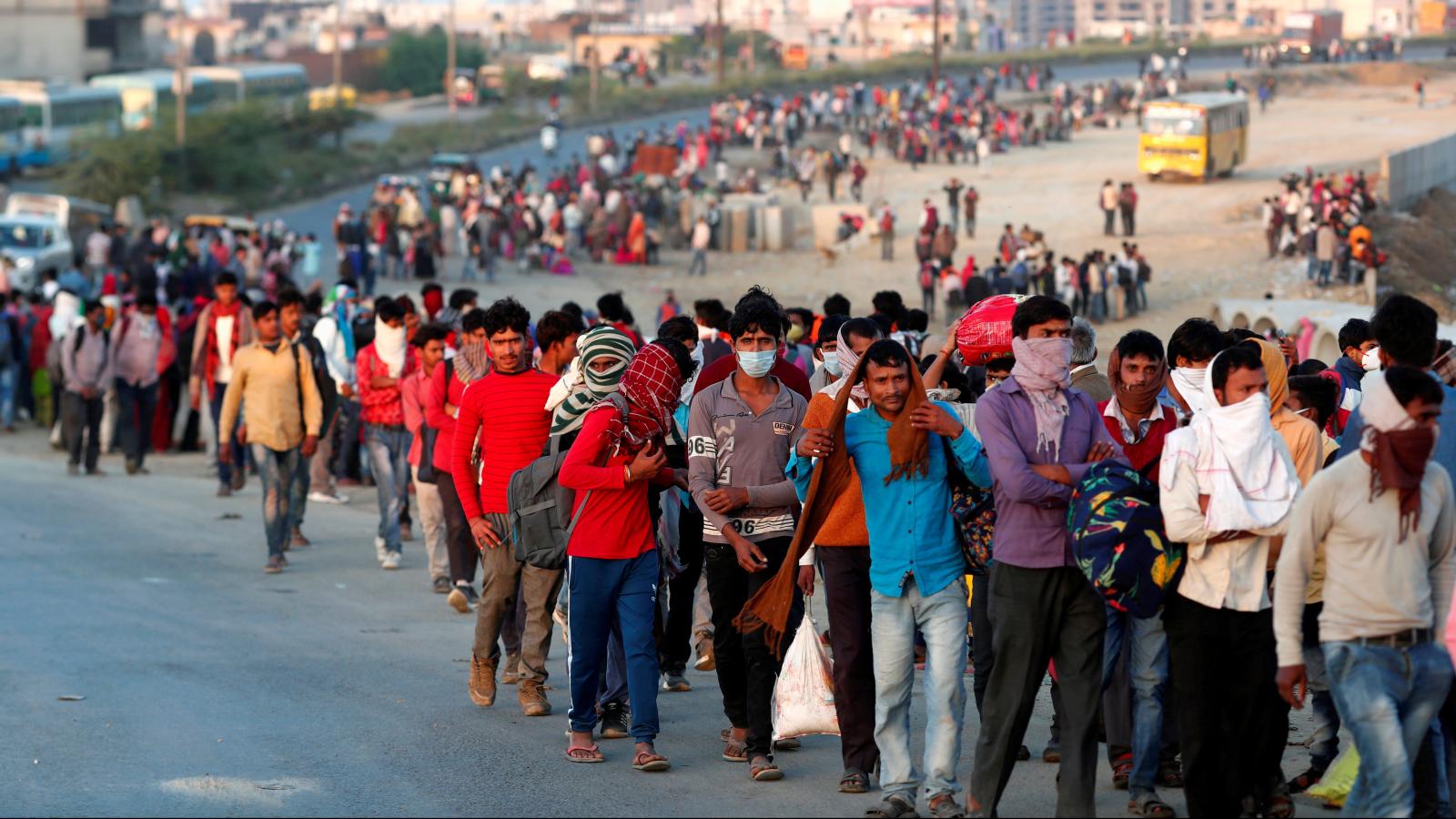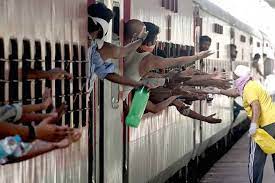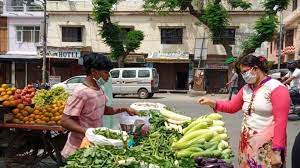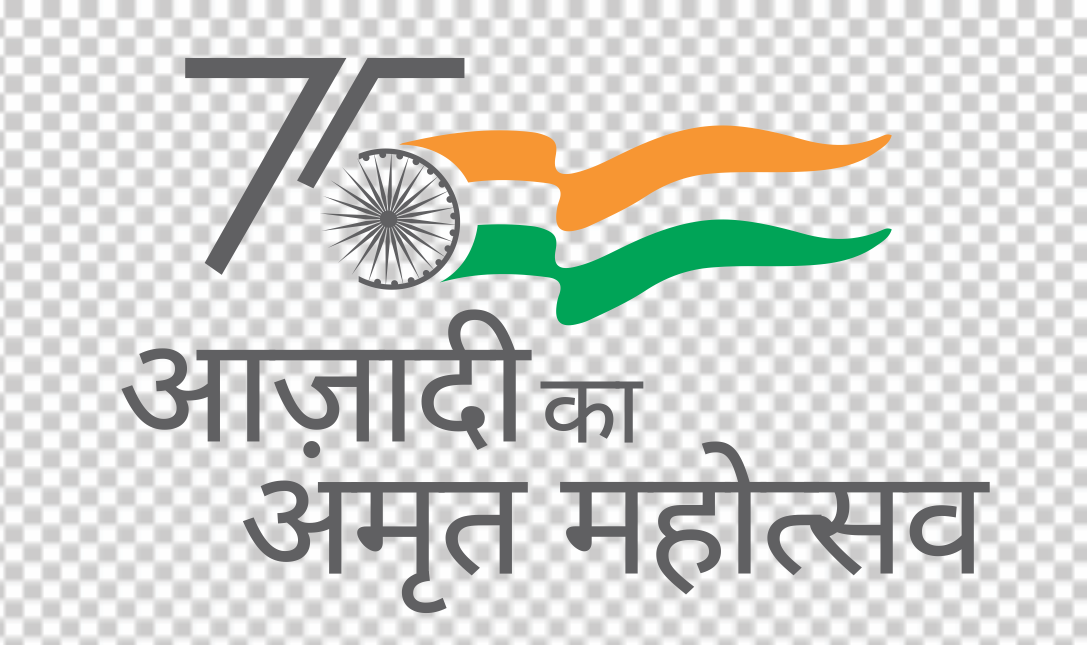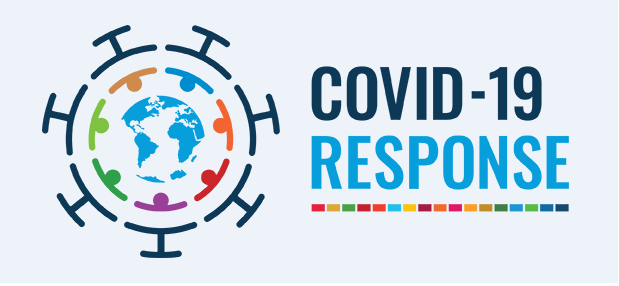How to mainstream the
Concerns of Migrant Workers ?
How to mainstream the
Concerns of Migrant Workers ?

Ms Mamata Das
Senior Research Follow, IISD
Head, IISD Social Sustainability Division
The onset of Covid-19 was swift, unexpected and affected everyone across the globe. Being a densely populated country, India is one of the worst affected by the pandemic. However, the effect of Covid has been different depending on the socio-economic status of the people.
One of the most impacted groups are the migrant population who are mostly engaged in the unorganised sector in urban areas.
Covid lockdowns wreaked havoc in the lives of the migrant workers. The sudden loss of employment left them in the lurch,
impacting access to basic necessities like food, shelter and healthcare. Combined with the lack of social protection or
other employment-related benefits in addition to the loss of livelihood, an uncertain future left them with no choice but
to return to their native places. The images of people treading back hundreds of kilometres to their native places are
still fresh in our memories. Many of them could not make it back to their homes and for the remaining,
the struggle to survive was unprecedented.
On the flip side, the pandemic made the migrant workers in the informal sectors more visible and shed light on their issues.
According to the Economic Survey (2017) the annual average labour migration was close to 9 million between states during 2011-16.
As per the World Economic Forum's estimation there are an estimated 139 million migrants in the country. Almost 90% of India's workforce in the informal sector are without minimum wages or social security. Many of them leave their families behind and set out to urban areas for better livelihood opportunities. They typically lead their lives in harsh conditions in unhygienic, overcrowded slums, shanties or in poorly maintained houses and are vulnerable to coronavirus infection.
Though the government has introduced many measures at various levels to build a support system for workers in the informal sector, the pandemic highlighted the need for issues of migrant workers to be addressed holistically and systematically for short term accommodation and long-term integration.
Suggested ways to mainstream the concerns of the migrant workers
Robust policy measures: Most of the migrant workers are not hired through licensed contractors or placed by industries in a group of five or more workers and hence a huge number of workers are excluded from getting any benefit out of the Inter-State Migrant Workmen (ISMW) Act, 1979. The Unorganised Workers' Social Security (UWSS) Act, 2008 was enacted to build a social security system for the unorganized workers. However, lack of awareness among workers, poor implementation and gaps in the UWSS are major issues that need to be addressed. Some important features like establishment of Worker Facilitation Centres (WFCs), mandatory registration of unorganised workers and giving them unique identification social security numbers and identity cards would be useful for workers as well as planners especially during the pandemic. The Act needs to be amended appropriately keeping in mind the challenges faced in the current scenario, make it more inclusive and implemented proactively.
Establishment of worker facilitation centres at the block level:
Urbanization is a continuous phenomenon and so is the migration of people from rural to urban areas in search of new opportunities and better lives. Being engaged mostly in the informal sector, there is hardly any database of such workers which makes it difficult to keep track of people movement. Though UWSS, 2008 has provision for WFCs, it's sub optimal implementation is a challenge in the current times. It is important to identify migrant workers and create a database at source and destination regions which will help understand where they are from and what they are doing. Establishment of migration centres where migrant workers could be asked to report mandatorily would go a long way in establishing a robust system for their social security. Along with demographic details, the data should include their skill sets and employment pattern if any, which would help in tracking the migrant workers and providing necessary social security benefits and assistance during emergencies. It will also be useful in planning for mass transit of migrant labour, and preparing for any contingency plan in abnormal situations.
Ensure access to entitlements: There is a multitude of social security and benefits available for the general population of India, and especially for the lower income categories. Schemes like the PDS, Ujjwala and MNREGA could be made location independent, especially considering that the
IT related backend data is reasonably well developed (through Aadhar linkage). Similarly measures
need to be taken to enable the migrant population to avail benefits of schemes like Atal Pension Yojana,
Pradhan Mantri Jeevan Jyoti Bima Yojana, Pradhan Mantri Suraksha Bima Yojana, Pradhan Mantri Jan Arogya Yojana, among others.
Support for migrant families: Loss of employment and wages also affects families of migrant labourers. Creation of a support system for migrant families like providing education for children and establishment of care centres for them will help in reducing the impact of job loss and hitting the panic button in the event of unfavourable situations. For families of migrant workers who stayed back in their native places or who do not want to return to urban areas, there could be a provision for enhancing the employment skills of women and other family members so that they can try to secure their livelihoods.
Profiling of migrant returnees: Migrants who have already returned to their native homes need support at different levels; immediate, short term and long term. Immediate support is usually in the form of relief measures like food, shelter and healthcare. However, for a long-term solution it is vital to understand the aspirations of people. It is very important to understand who is going to stay back, who needs what type of help, what kind of skill set they have come back with and how they want to get engaged with work. Many migrant returnees do not want to stay back in their native places and wait to go back once the Covid situation subsides. They require short term support. Some of them, especially those who are older and have families in villages, are more likely to stay back. For such returnees, it is important to understand if their skills could be used in projects closer to their native locations. They could be reskilled or up-skilled as per requirements.
Universal basic income: The central government has implemented the PM-KISAN scheme for small and marginal farmers and similar schemes could be extended to unorganised workers especially during times of emergencies and job losses. With the ever-increasing amount of data collection being done by governments and secure IT systems being established which can ensure leak-proof benefit transfers, the government could look at supporting universal basic income for vulnerable populations. Private contributions could also be encouraged to such funds to enhance the benefit amounts to affected migrant workers and tax benefits could also be offered to such contributions.
The Author is a Senior Research Follow and heads Social Sustainability Division of Indian Institute of Sustainable Development (IISD), New Delhi.
